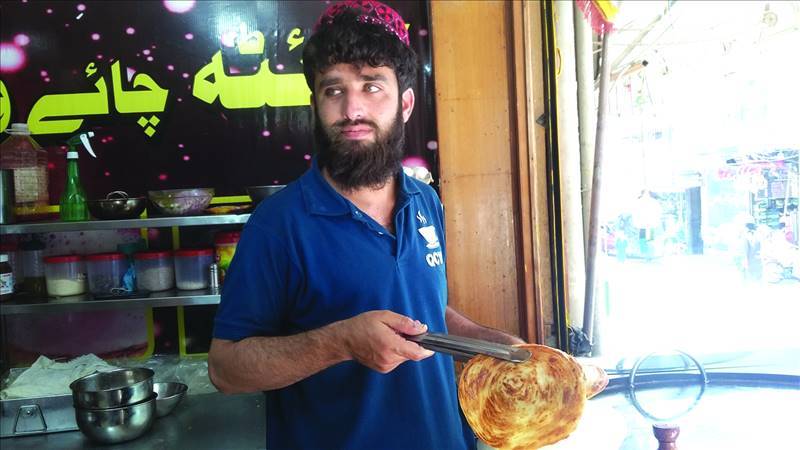
Offering some truly unique varieties of tea and breakfast foods, Quetta Chai Wai (Queta Tea House) is the first ever tea house in Peshawar of its kind. It is now attracting large numbers of tea enthusiasts to Tipu Sultan road and Fawara Chowk in the heart of Peshawar.
It is the first branch of Quetta tea in Peshawar Saddar and serves the residents of the area with staple favourites of tea and paratha. The residents of the city warmly welcome the staff members from Quetta, who work 24 hours in two shifts to keep Peshawar’s residents well supplied with these teatime classics.
If we look into the varieties of tea, there are 25 types on offer here: which include Gold Malai Tea, Doodh Pati, Simple Tea, Doodh Kawa, Doodh Badami Tea, Doodh Gurh Tea, Doodh Chilgoza Tea, Doodh Akhroot Tea, Doodh Honey Tea and Choclate Tea.
The diversity of flavours, incoporating various kinds of nuts and other delightful aromas, is what makes the place truly special.
Keeping up its penchant for variation, Quetta Chai Wai offers Kashmiri tea in four varieties: including Kashmiri Dry Fruit Tea, Kashmiri Anar Tea, Kashmiri Apple Tea and Kashmiri Orange Tea – evoking the flavous of fresh fruit.
The dizzying array of types of tea continues into Matka black tea, where there are four varieties including Tandoori Doodh Pati, Tadoori Doodh Pati Gurh, Tandoori Dry Fruit Tea and Tandoori Malai tea. Likewise in green tea there are six varieties including Green Peshawari Tea, Green Honey Tea, Green Gurh Tea, Barazilian Green Tea, Lemongrass Tea and Black Tea.
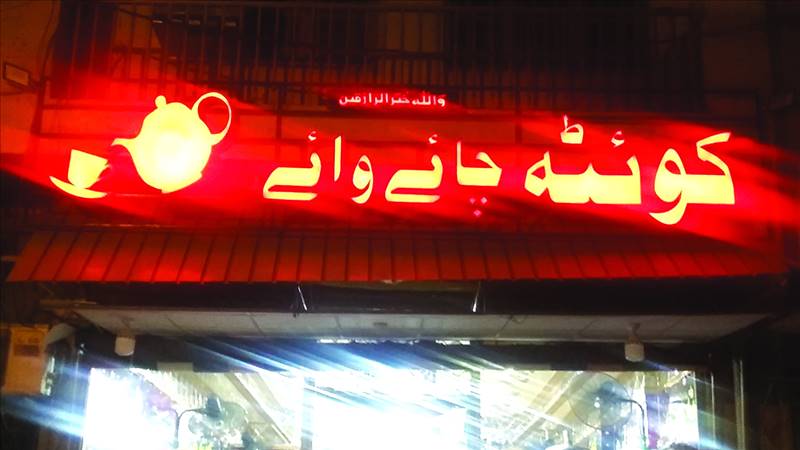
The parathas on offer are not to be outdone by the diversity of tea – which include the Chatpata Paratha, Mutton Paratha, Beef Paratha, Chicken Paratha, Kabab Paratha, Pizza Paratha, Potato Paratha and Omelette Paratha. Beside this there are 13 varieties in sweet Paratha which include simple Paratha, Lacha Paratha, Malai Paratha, Honey Paratha, Honey Malai Parta, Cheeni Paratha, Kashmish Paratha, Badam Paratha, Kajoo Parta, Chocklate Parta, Till Paratha and Coconut Paratha.
Talking to The Friday Times, the owner of Queta Chai Wai, Abdul Ghafar, says that he belongs to the Kurram agency in Parachinar and has been living in Peshawar city for the last 30 years. He has several outlets in Islamabad and now two branches in Peshawar: one in Saddar and another in Hayatabad.
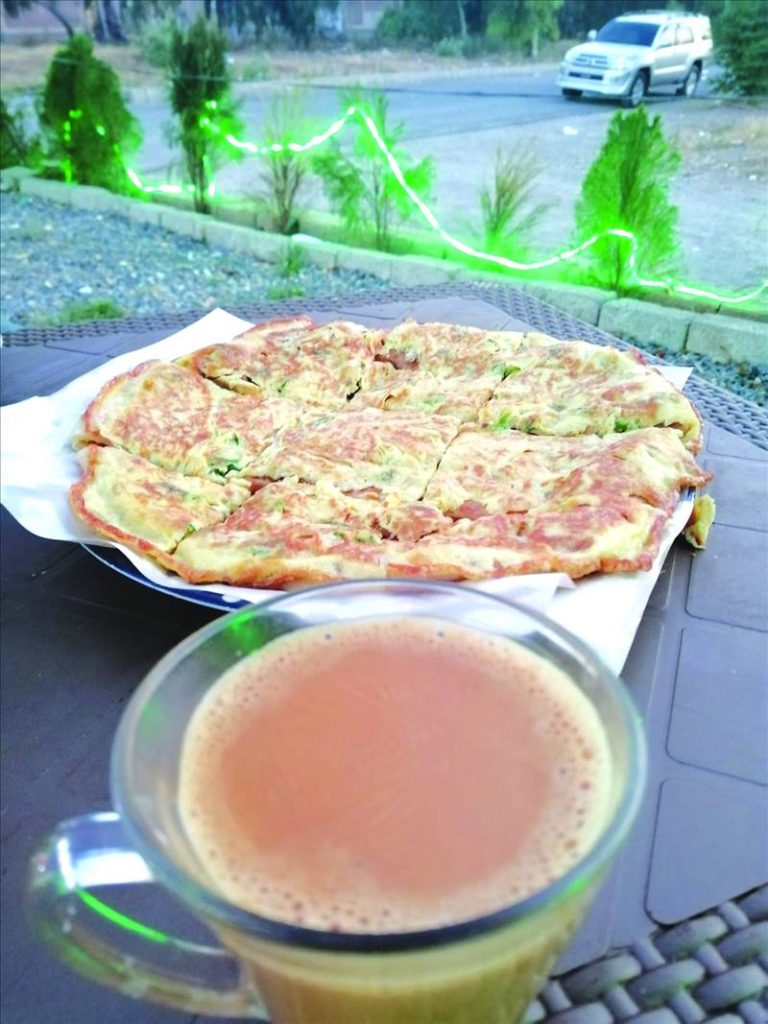
He has hired the active staff for this hotel from Quetta, who work with dedication to make this tea center a prominent one. The staff consists of around 20 workers, occupied in two shifts.
The owner of the establishment mentions that he invested some 3 million rupees into it, which are now starting to bear fruit.
COVID-19 hit them hard, however. In the last four months, he deposited rent from his own pocket as there were restrictions for customers due to the lockdown. However, with SOPs in place for the pandemic, his various outlets have resumed business.
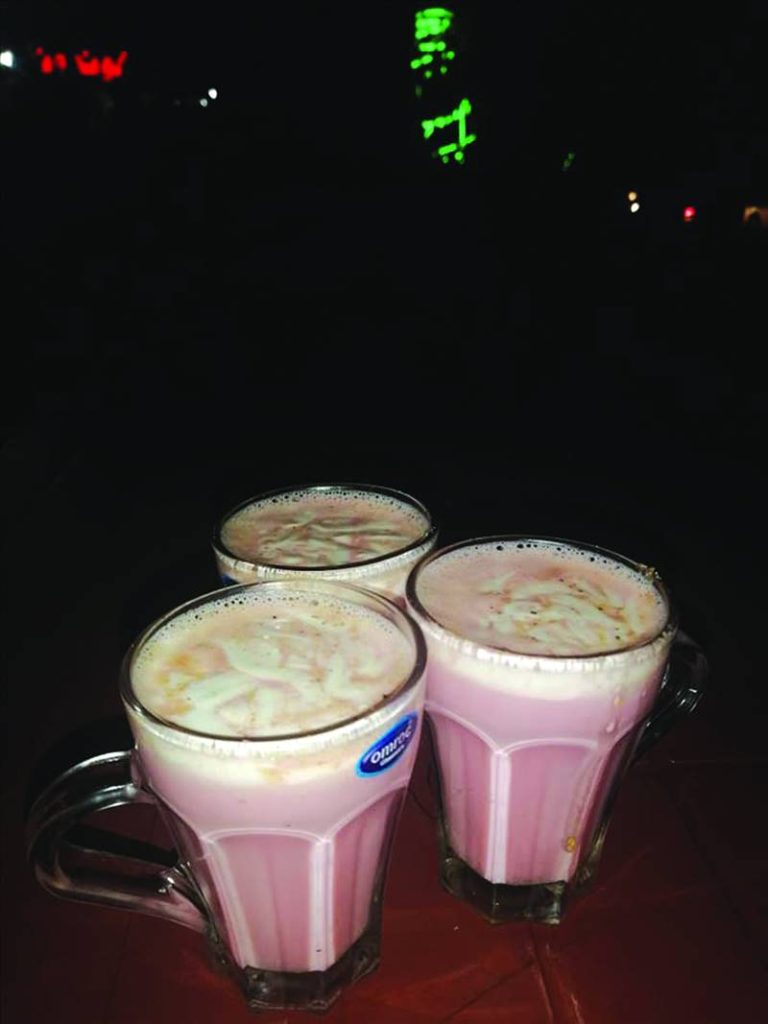
The staff from Quetta, we are told, are generally happy in Peshawar – were it not for the summers, as they are not habituated to face scorching heat.
He says that if the government cooperates and relaxes the tax collection system from the business community, more opportunities would be created for poor people to come and work here.
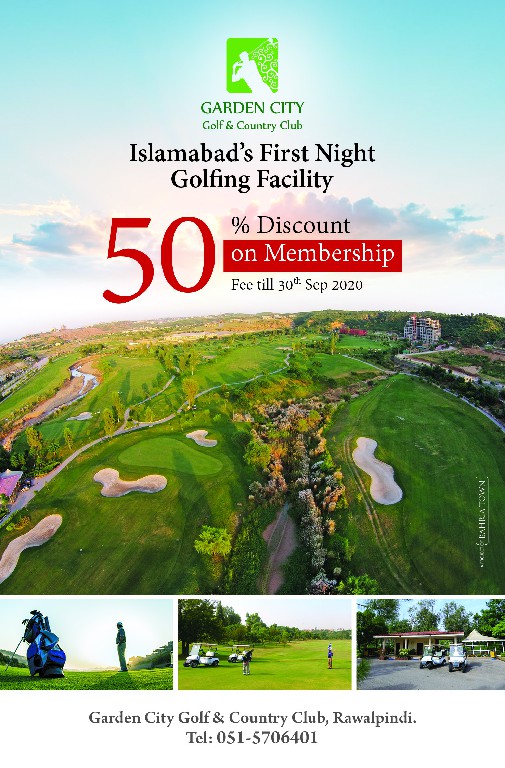
Muhammad Salam, a member of the staff and tea expert from Quetta, tells this scribe that he is very happy with the people of Peshawar but waiting for winter to get rid of the heat wave. He says that people are very cooperative and interacting in a friendly environment – and they would bring more workers from Quetta to extend the operations of their teahouse throughout Peshawar.
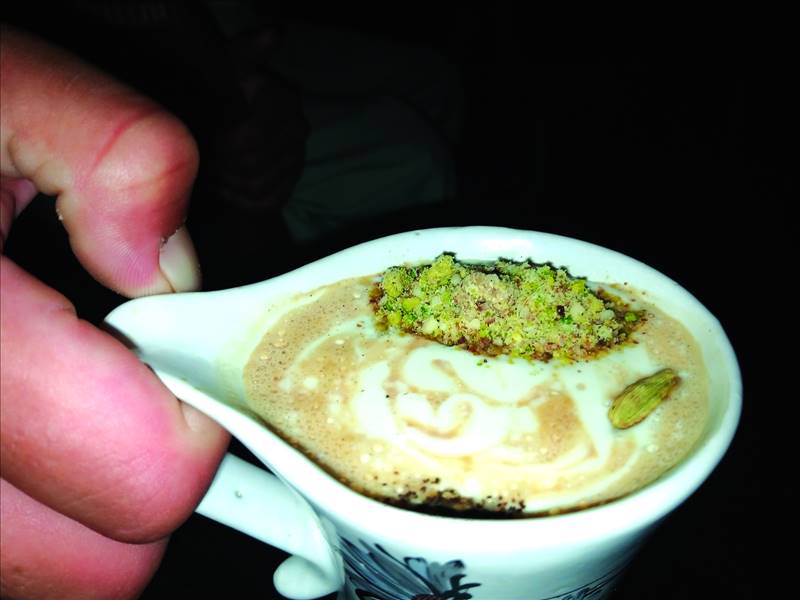
Ajmal Khan from Quetta says that he does not feel far from Queta, as the local people love all workers from Quetta who have left their homes to earn a living. On the differences in tea culture, he says: “There is a great deal of difference between the tea of Peshawar and that of Quetta, as the people of Queta take some extra time to boil it with milk in a large pot instead of a small kettle. They are more likely to use black tea and sugar.”
It is the first branch of Quetta tea in Peshawar Saddar and serves the residents of the area with staple favourites of tea and paratha. The residents of the city warmly welcome the staff members from Quetta, who work 24 hours in two shifts to keep Peshawar’s residents well supplied with these teatime classics.
If we look into the varieties of tea, there are 25 types on offer here: which include Gold Malai Tea, Doodh Pati, Simple Tea, Doodh Kawa, Doodh Badami Tea, Doodh Gurh Tea, Doodh Chilgoza Tea, Doodh Akhroot Tea, Doodh Honey Tea and Choclate Tea.
The diversity of flavours, incoporating various kinds of nuts and other delightful aromas, is what makes the place truly special.
Keeping up its penchant for variation, Quetta Chai Wai offers Kashmiri tea in four varieties: including Kashmiri Dry Fruit Tea, Kashmiri Anar Tea, Kashmiri Apple Tea and Kashmiri Orange Tea – evoking the flavous of fresh fruit.
The dizzying array of types of tea continues into Matka black tea, where there are four varieties including Tandoori Doodh Pati, Tadoori Doodh Pati Gurh, Tandoori Dry Fruit Tea and Tandoori Malai tea. Likewise in green tea there are six varieties including Green Peshawari Tea, Green Honey Tea, Green Gurh Tea, Barazilian Green Tea, Lemongrass Tea and Black Tea.

The parathas on offer are not to be outdone by the diversity of tea – which include the Chatpata Paratha, Mutton Paratha, Beef Paratha, Chicken Paratha, Kabab Paratha, Pizza Paratha, Potato Paratha and Omelette Paratha. Beside this there are 13 varieties in sweet Paratha which include simple Paratha, Lacha Paratha, Malai Paratha, Honey Paratha, Honey Malai Parta, Cheeni Paratha, Kashmish Paratha, Badam Paratha, Kajoo Parta, Chocklate Parta, Till Paratha and Coconut Paratha.
There are 25 types of tea on offer, along with a wide variety of parathas
Talking to The Friday Times, the owner of Queta Chai Wai, Abdul Ghafar, says that he belongs to the Kurram agency in Parachinar and has been living in Peshawar city for the last 30 years. He has several outlets in Islamabad and now two branches in Peshawar: one in Saddar and another in Hayatabad.

He has hired the active staff for this hotel from Quetta, who work with dedication to make this tea center a prominent one. The staff consists of around 20 workers, occupied in two shifts.
The owner of the establishment mentions that he invested some 3 million rupees into it, which are now starting to bear fruit.
COVID-19 hit them hard, however. In the last four months, he deposited rent from his own pocket as there were restrictions for customers due to the lockdown. However, with SOPs in place for the pandemic, his various outlets have resumed business.

The staff from Quetta, we are told, are generally happy in Peshawar – were it not for the summers, as they are not habituated to face scorching heat.
He says that if the government cooperates and relaxes the tax collection system from the business community, more opportunities would be created for poor people to come and work here.

There are 13 varieties in sweet Paratha alone, which include Simple Paratha, Lacha Paratha, Malai Paratha, Honey Paratha, Honey Malai Parta, Cheeni Paratha, Kashmish Paratha, Badam Paratha, Kajoo Parta, Chocklate Parta, Till Paratha and Coconut Paratha
Muhammad Salam, a member of the staff and tea expert from Quetta, tells this scribe that he is very happy with the people of Peshawar but waiting for winter to get rid of the heat wave. He says that people are very cooperative and interacting in a friendly environment – and they would bring more workers from Quetta to extend the operations of their teahouse throughout Peshawar.

Ajmal Khan from Quetta says that he does not feel far from Queta, as the local people love all workers from Quetta who have left their homes to earn a living. On the differences in tea culture, he says: “There is a great deal of difference between the tea of Peshawar and that of Quetta, as the people of Queta take some extra time to boil it with milk in a large pot instead of a small kettle. They are more likely to use black tea and sugar.”

